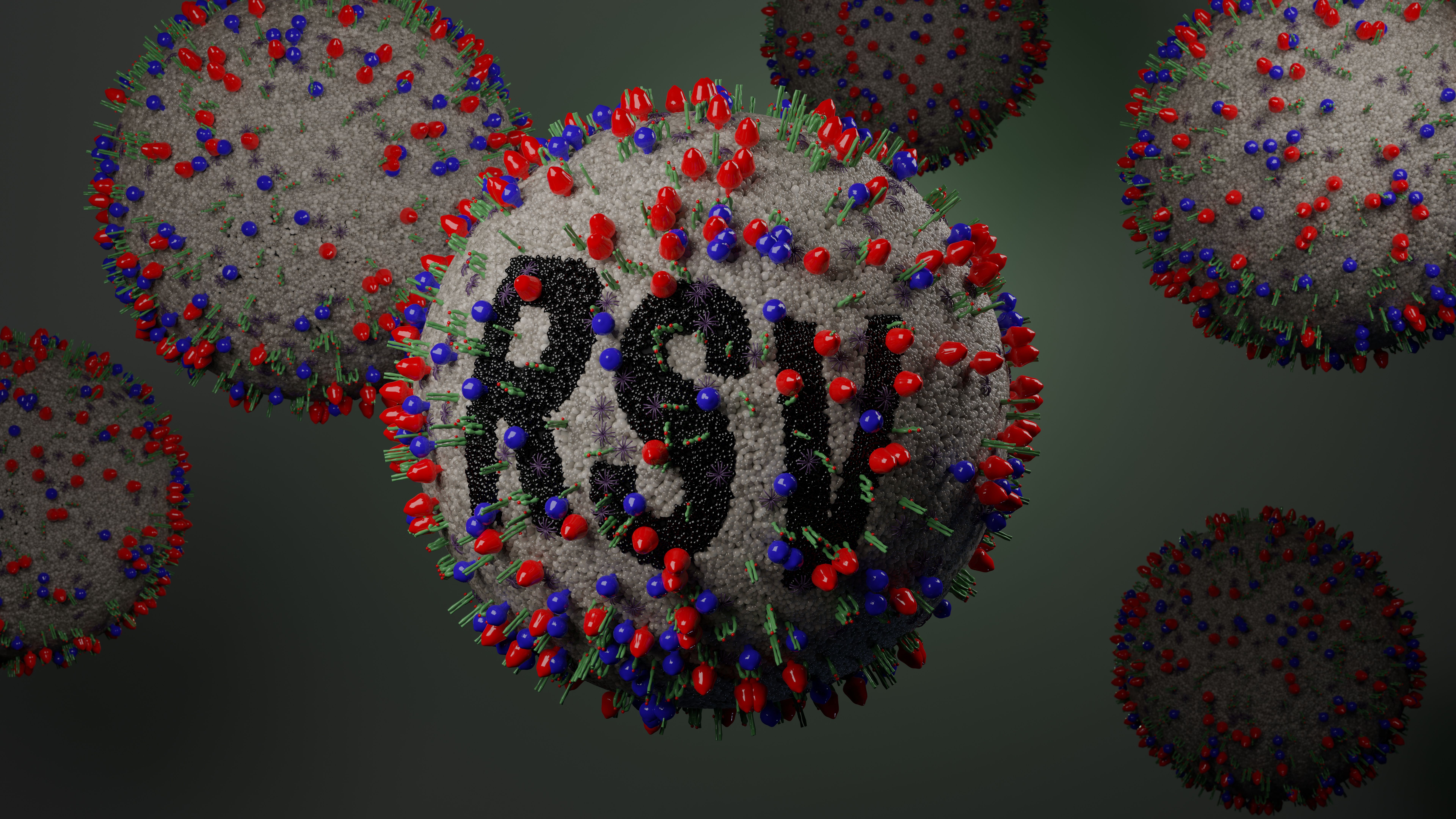Nirsevimab reduced RSV hospitalizations in infants by 82%, new data show
The new data, published in The Lancet, showed that nirsevimab substantially reduced RSV hospitalizations.
Nirsevimab reduced RSV hospitalizations in infants by 82%, new data shows | Image Credit: © Peter Hansen - © Peter Hansen - stock.adobe.com.

Sanofi and AstraZeneca's respiratory syncytial virus (RSV) monoclonal antibody nirsevimab (Beyfortus) reduced hospitalizations by 82% in infants under 6 months of age compared to those that received no RSV intervention, according to new findings published in The Lancet.1
Results are from the first RSV season following the introduction of nirsevimab and part of the 3-year NIRSE-GAL study (NCT06180993) conducted in Galicia, Spain.1,2
The region was one of the first in the world to incorporate nirsevimab for universal RSV prophylaxis in infants. The aim of the study was to assess the monoclonal antibody's effectiveness in preventing hospitalizations.2
The study targeted 3 groups; infants born during the campaign (seasonal group), infants younger than 6 months of age at the start of the study (catch-up group), and infants aged 6 to 24 months with high-risk factors at the start of the trial (high-risk group).2
Data from the previous 5 RSV seasons, excluding the COVID-19 period, were used to estimate the number of RSV-associated lower respiratory tract infections (LRTI).2
In all, 9408 infants in the seasonal and catch-up group received nirsevimab, while 348 infants received the monoclonal antibody in the high-risk group. Because there were "too few events in the high-risk group," according to study authors, only infants in the seasonal and catch-up groups were included in the analyses.2
According to The Lancet, a combined 30 of 9408 infants (0.3%) in the catch-up and seasonal groups who received nirsevimab were hospitalized for RSV-related LRTI.
This compares to 16 of 851 (1.9%) infants who did not receive nirsevimab who were hospitalized for RSV-related LRTI. These results correspond to an effectiveness of 82.0% (95% CI, 65.6-90.2).2
Effectiveness was 86.9% (69.1-94.2) against severe RSV-related LRTI that required oxygen support, 69.2% (55.9-78.0) against all-cause LRTI hospitalizations, and 66.2% (56.0-73.7) against all-cause hospitalizations, wrote the investigators. They added RSV-related LRTI hospitalizations were reduced by 89.8% (IQR 87.5-90.3).2
In a March 2024 Morbidity and Mortality Weekly Report (MMWR) from the Centers for Disease Control (CDC), nirsevimab was estimated to be 90% effective against RSV-associated hospitalizations in infants during their first RSV season.3
"Galicia provides the first population-based real-world evidence of the impact of nirsevimab to prevent RSV disease in infants, showing a reduction by almost 90% in the number of hospitalizations due to this virus when compared with several previous RSV seasons," said Federico Martinon Torres, head of Pediatrics, Hospital Clínico Universitario Santiago, Spain and principal investigator of NIRSE-GAL study in a press release from Sanofi.1
"This achievement is the result of the exemplary pragmatic collaboration among scientists, industry, healthcare providers and policy makers aligned with a carefully planned roll-out of the immunization campaign, and the outstanding response of the Galician parents to this prophylaxis campaign,” added Torres.
Nirsevimab has been widely welcomed as a RSV prevention tool since it received FDA approval on July 17, 2023. It was unanimously recommended by the CDC's Advisory Committee on Immunization Practices (ACIP) for infants younger than 8 months in August 2023. That same month, the American Academy of Pediatrics (AAP), also voted in unanimous fashion to recommend the routine use of nirsevimab in newborns and infants.3
In Contemporary Pediatrics' third installment of RSV Roundtable published December 22, 2023, a panel of experts discussed nirsevimab's impact.4
"That was fantastic news," Tina Tan, MD, FAAP, FIDSA, FPIDS, editor in chief, Contemporary Pediatrics, professor of pediatrics, Feinberg School of Medicine, Northwestern University, pediatric infectious diseases attending, Ann & Robert H. Lurie Children's Hospital of Chicago, previously told Contemporary Pediatrics on the FDA approval of nirsevimab.5
"it really put other tools in our toolbox that we could use to prevent the severe complications that were being seen with RSV, especially in the younger infants under 6 months of age. When nirsevimab was first approved, there were parents that were literally calling and clamoring to try and get the vaccines for their babies or the monoclonal antibody for their babies," said Tan.5
References:
1. Press Release: Beyfortus real-world evidence published in The Lancet shows 82% reduction in infant RSV hospitalizations. Sanofi. Press release. May 2, 2024. Accessed May 2, 2024. https://www.sanofi.com/en/media-room/press-releases/2024/2024-05-02-05-00-00-2873804
2. Ares-Gómez S, Mallah N, Santiago-Pérez M, et al. Effectiveness and impact of universal prophylaxis with nirsevimab in infants against hospitalisation for respiratory syncytial virus in Galicia, Spain: initial results of a population-based longitudinal study. The Lancet. doi.org/10.1016/S1473-3099(24)00215-9.
3. Fitch, J. CDC estimates nirsevimab is 90% effective against RSV-associated hospitalizations. Contemporary Pediatrics. March 7, 2024. Accessed May 2, 2024. https://www.contemporarypediatrics.com/view/cdc-estimates-nirsevimab-90-effective-against-rsv-associated-hospitalizations
4. Fitch, J. RSV Roundtable: Nirsevimab's impact. Contemporary Pediatrics. December 22, 2023. Accessed May 2, 2024. https://www.contemporarypediatrics.com/view/rsv-roundtable-nirsevimab-s-impact
5. Fitch, J. Reviewing the 2023 RSV season and an outlook on 2024. Contemporary Pediatrics. January 2, 2024. Accessed May 2, 2024. https://www.contemporarypediatrics.com/view/reviewing-the-2023-rsv-season-and-an-outlook-on-2024
The Role of the Healthcare Provider Community in Increasing Public Awareness of RSV in All Infants
April 2nd 2022Scott Kober sits down with Dr. Joseph Domachowske, Professor of Pediatrics, Professor of Microbiology and Immunology, and Director of the Global Maternal-Child and Pediatric Health Program at the SUNY Upstate Medical University.